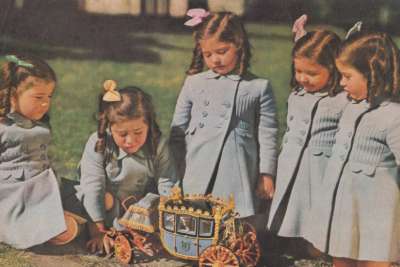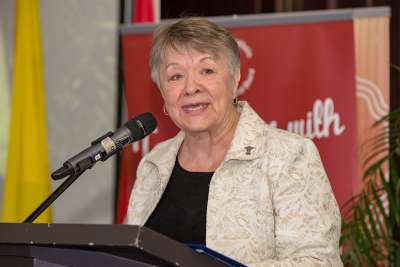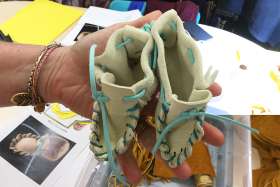The world’s most famous quintuplets, the five Dionne girls, were born May 28, 1934 to poor Catholic parents Oliva and Elzire Dionne on their farm near Corbeil, Ont. They were the first quints to survive infancy and were instant global sensations. Fearing they would be exploited, the Ontario government made the girls wards of the province with special legislation (the Croll Bill). It prompted a fierce debate over parental rights, which played out in the pages of The Register. Later, a fierce custody battle resulted in the girls returning to their parents in 1943 after an early childhood that saw them put on public display in a specially-built hospital and nursery called Quintland. In 1998, three surviving sisters won a $2.8 million settlement from Ontario as a result of their exploitation. In the April 11, 1935 Register, the parents made their case against the Croll Bill in a letter to the editor:
There was worldwide disbelief on May 13, 1981 as word spread that Pope John Paul II had been shot four times in an assassination attempt. The gunman was sentenced to life in prison, but was pardoned in 2000 at the request of John Paul. This is The Catholic Register’s report in the wake of the the attempt on the pontiff’s life, from May 23, 1981:
More...
It was 51 years ago, on April 28, that Expo 67 opened in Montreal, ushering in a summer of celebration for Canada’s 100th birthday. The World’s Fair featured pavilions from 60 nations showcasing “Man and His World.” More than 50 million visitors passed through the grounds over six months, including familiar faces like Queen Elizabeth, Jackie Kennedy and Bing Crosby. In this editorial from April 22, 1967, The Catholic Register put the expectations of Expo into perspective:














